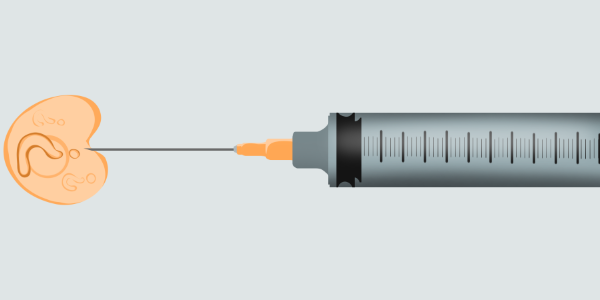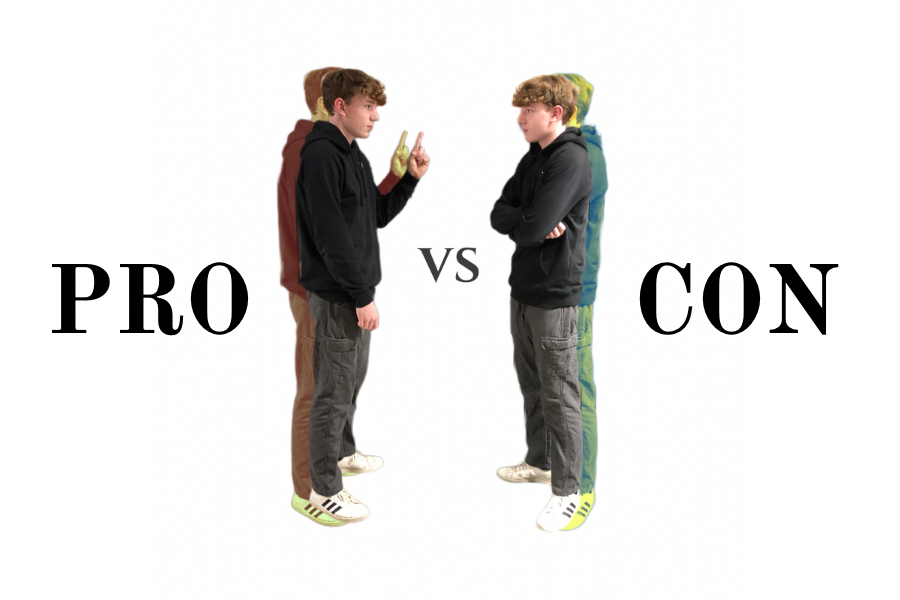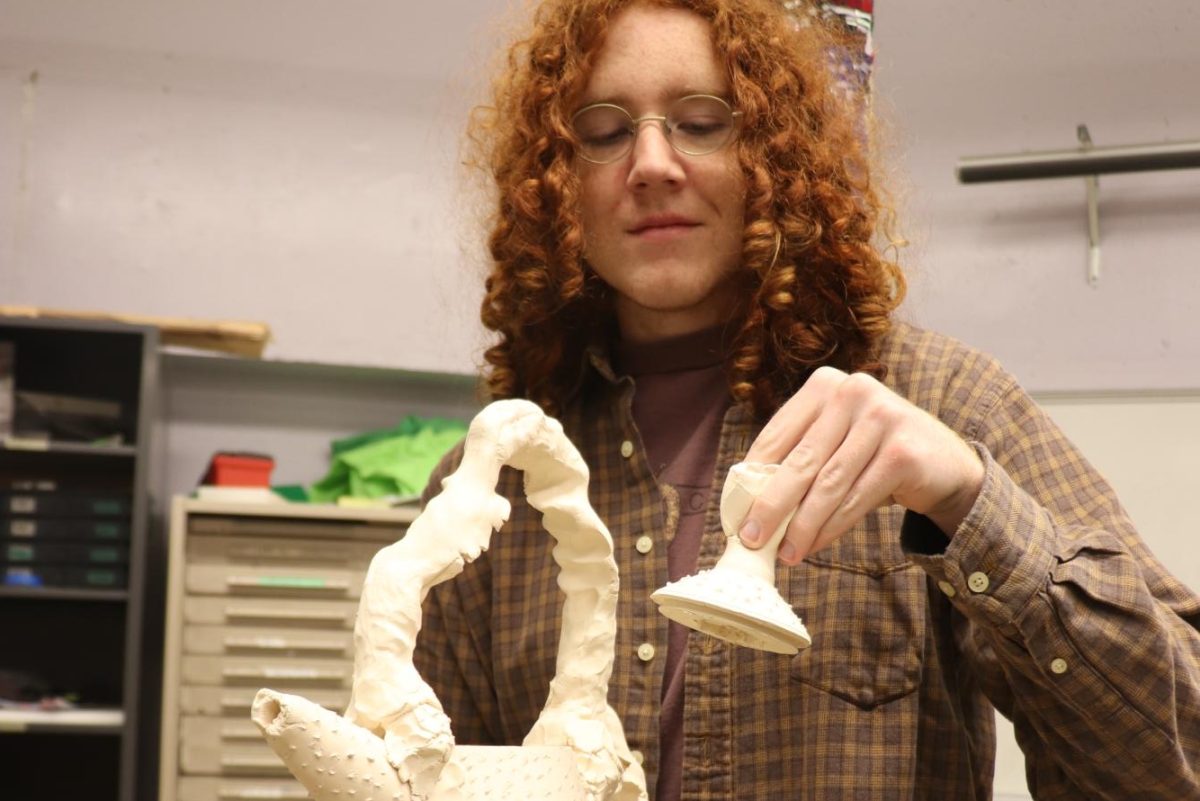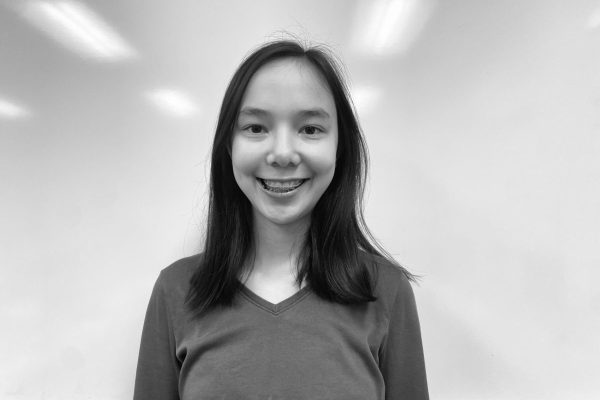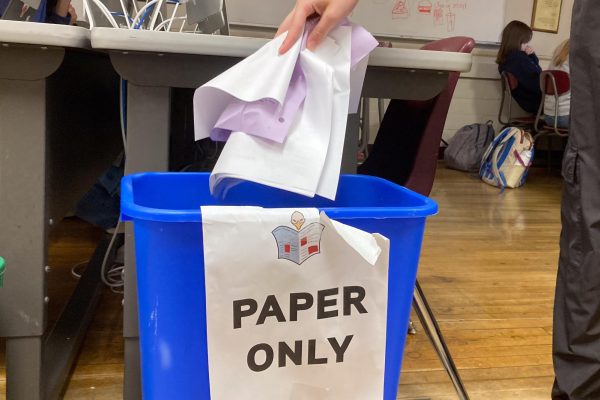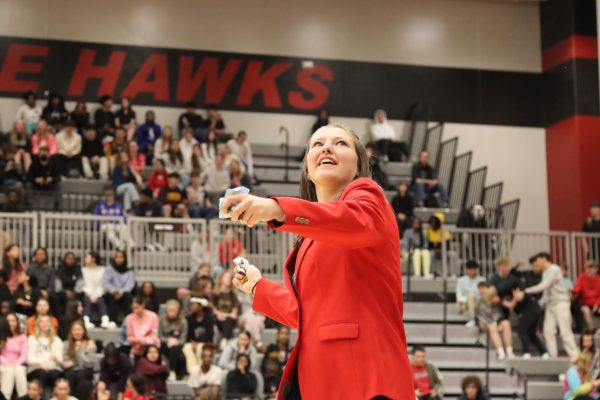The ICCSD Implements New Grading Policy
The Iowa Community School District decides to re-design testing and grading policies district-wide
December 9, 2021
In August of this year, the Iowa City Community School district updated their grading policies. The updated policy includes six practices: Late Work, Redos and Retakes, Grading Homework & Formative Assessments, Zeros, Extra Credit, and Grading Behavior/Compliance. The new system will officially go into effect beginning third trimester.
“The policy came directly from the district, but it’s similar to standards based grading, which I’ve been familiar with for a long time,” City High teacher Robert Crawford said, adding that the policies are fairly close to the current practices in his classroom.
Similarly, City High Alumni, Michael Ayers, who teaches both English and AP Capstone and has been working to practice the updated guidelines over the past six years, emphasized his agreement with the late work policy.
“I do think that having these guidelines legitimizes [the late work] policy so that instead of it being ‘this teacher is a pushover about late work,’ It’s ‘Oh, the district is moving in a direction where they want us to view when something is turned in as less important than the quality of the work,” Ayers explained. “All of this seems aimed at making grades represent what students know and are able to do, rather than emphasizing whether or not students did exactly what we asked them to do.”
In an infographic sent to teachers relaying the updated information, the district states that “A grade communicates a student’s current understanding of content standards.”
“Over time there became too much of an emphasis on grades. Your grade became more of a reflection of, ‘Did I do the basic bare minimum of what I was asked and turned it in at the time that it was due?’ rather than ‘Do I understand the concepts?’” Ayers said.
Moving forward, formative assessments will account for 15% of a student’s grade, whereas summative assessments will cover the remaining 85%. Some departments, such as mathematics, are able to measure this with assignments representing formative assessments, quizzes and tests representing summative assessments. While other departments may be required to redistribute the weight of summative assessments.
“I think it’s a step in the right direction towards turning our school system into one focused on education rather than conditioning complacency and mindless subordination,” Cooper Brown ‘22 said. “But honestly, in order for that to happen we would need a complete overhaul of our education system as a whole.”
Ayers sees the updated policies as an opportunity for reflection, as educators are essentially being asked to take a step back and reevaluate whether their current practices are sufficient.
“The problem, when you’re asked to rethink something as big and fundamental in high school as what grades mean, and therefore how they’re supposed to be calculated, is that there is never an appropriate time,” Ayers stated. “The metaphor of ‘the plane is always in midair.’ There is never a good time to stop.”











